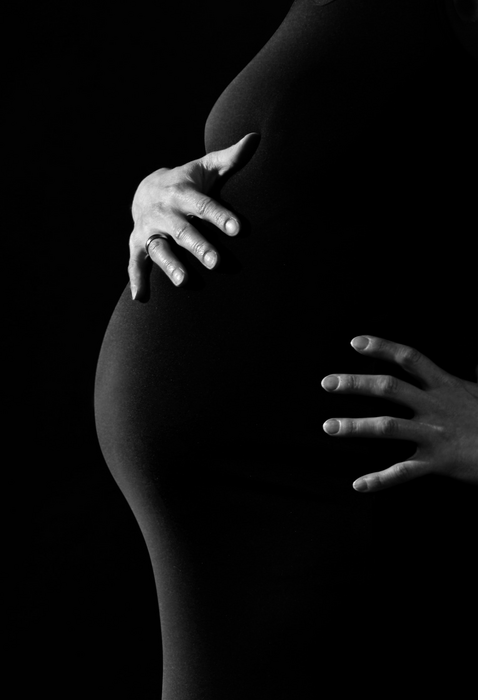Conception within three months of a miscarriage or an abortion is not associated with increased risks of adverse pregnancy outcomes, according to new research publishing November 22nd in the open access journal PLOS Medicine. The study suggests that, contrary to current advice, women could attempt pregnancy after a previous miscarriage or induced abortion without elevated perinatal risks and reassures those who want to try again sooner than guidelines recommend.

Credit: Pixabay, Pexels (CC0, https://creativecommons.org/publicdomain/zero/1.0/)
Conception within three months of a miscarriage or an abortion is not associated with increased risks of adverse pregnancy outcomes, according to new research publishing November 22nd in the open access journal PLOS Medicine. The study suggests that, contrary to current advice, women could attempt pregnancy after a previous miscarriage or induced abortion without elevated perinatal risks and reassures those who want to try again sooner than guidelines recommend.
The World Health Organization recommends waiting six months after miscarriage or abortion before becoming pregnant again to avoid complications in the next pregnancy, yet evidence for this is scarce. Gizachew Tessema of the Curtin School of Population Health, Australia, and colleagues conducted a cohort study with a total of 49,058 births following miscarriage and 23,707 births following abortion in Norway between 2008-2016. They looked at six adverse outcomes: preterm birth, spontaneous preterm birth, small for gestational age, large for gestational age, preeclampsia and gestational diabetes.
Compared with waiting 6-11 months after miscarriage, there were lower risks of small for gestational age for babies conceived in less than six months and a lower risk of gestational diabetes in women conceiving in under three months. Following abortion there was a slight but non-significant increased risk of small for gestational age for conception in less than three months compared with 6-11 months but the risk of large for gestational age was lower in the group with an interpregnancy interval of 3-5 months.
There was no evidence of higher risks of adverse pregnancy outcomes among women with an IPI of greater than 12 months after miscarriages or induced abortions, with the exception of a modest increased risk of gestational diabetes. The authors acknowledge that the study was limited in that it lacked information on potential confounders, including pregnancy intention and health seeking behavior. Additionally, the data only included miscarriages recorded through the healthcare system.
The findings do not support current guidelines to wait six months after miscarriage or abortion, and suggest a need to review these guidelines and provide up to date, evidence based, recommendations for women.
The authors add, “Based on this study and others, we called for a review of the existing World Health Organization recommendations for pregnancy spacing following pregnancy loss.”
#####
In your coverage, please use this URL to provide access to the freely available paper in PLOS Medicine:
http://journals.plos.org/plosmedicine/article?id=10.1371/journal.pmed.1004129
Citation: Tessema GA, Håberg SE, Pereira G, Regan AK, Dunne J, Magnus MC (2022) Interpregnancy interval and adverse pregnancy outcomes among pregnancies following miscarriages or induced abortions in Norway (2008–2016): A cohort study. PLoS Med 19(11): e1004129. https://doi.org/10.1371/journal.pmed.1004129
Author Countries: Australia, Norway, United States
Funding: see manuscript
Journal
PLoS Medicine
DOI
10.1371/journal.pmed.1004129
Method of Research
Observational study
Subject of Research
People
COI Statement
Competing interests: The authors have declared that no competing interests exist.




